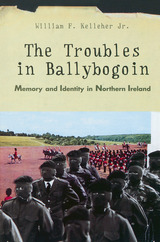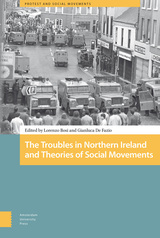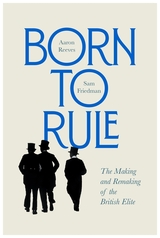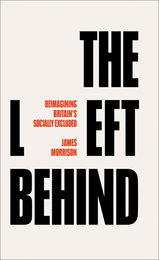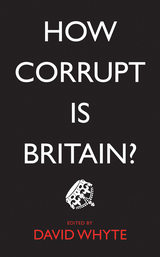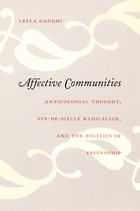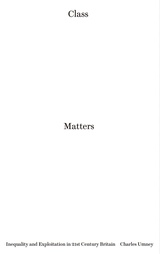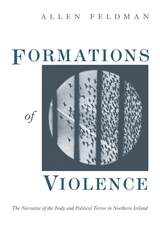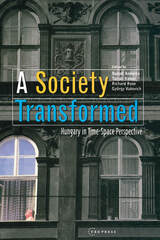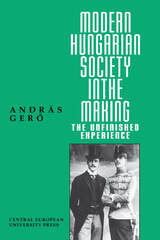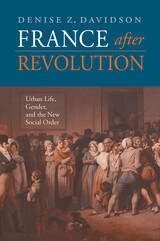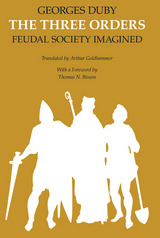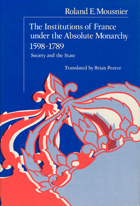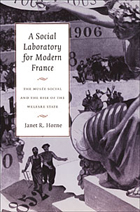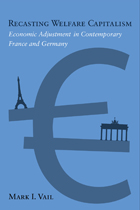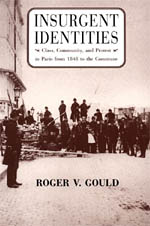The Hungarian Patient: Social Opposition to an Illiberal Democracy
Central European University Press, 2015
Cloth: 978-615-5053-08-5 | Paper: 978-615-5053-05-4 | eISBN: 978-615-5225-55-0 (PDF)
Library of Congress Classification HN420.5.A8H858 2015
Dewey Decimal Classification 303.48409439
Cloth: 978-615-5053-08-5 | Paper: 978-615-5053-05-4 | eISBN: 978-615-5225-55-0 (PDF)
Library of Congress Classification HN420.5.A8H858 2015
Dewey Decimal Classification 303.48409439
ABOUT THIS BOOK | TOC
ABOUT THIS BOOK
Offering a panoramic overview of the constitutional, political, social and ideational changes in Hungary, the book also provides a kaleidoscopic analytical frame for the study of the dynamics of political change drawing on concepts from social movement studies, comparative politics, political sociology, gender studies and constitutionalism.|This book presents compelling essays by leading Hungarian and foreign authors on the variety of social movements and parties that seek influence and power in a Hungary mired in deep and manifold crisis.
The main question the volume tries to answer is: what can we expect after the fall of the semi-authoritarian Orbán regime in Hungary. Who will be the new players? What are their backgrounds? What are their political and social ideals, intentions and methods?
The studies in the first section of the volume provide the reader with the reasons of the emergence of these new movements: a deep analysis of the historical, political and cultural background of the current situation. The second part contains essays and case studies which challenge the movements and parties involved to look beyond their current ineffectiveness, and to find ways of meeting the challenges that would allow them to exercise responsible and effective leadership in their time and place.
This collection would be the first of the kind both in the field of movement theory/history and democracy studies because it reflects on very recent developments not researched in the international scholarly literature. One would not be able to understand contemporary Hungarian society without reading it before the 2014 elections.
The main question the volume tries to answer is: what can we expect after the fall of the semi-authoritarian Orbán regime in Hungary. Who will be the new players? What are their backgrounds? What are their political and social ideals, intentions and methods?
The studies in the first section of the volume provide the reader with the reasons of the emergence of these new movements: a deep analysis of the historical, political and cultural background of the current situation. The second part contains essays and case studies which challenge the movements and parties involved to look beyond their current ineffectiveness, and to find ways of meeting the challenges that would allow them to exercise responsible and effective leadership in their time and place.
This collection would be the first of the kind both in the field of movement theory/history and democracy studies because it reflects on very recent developments not researched in the international scholarly literature. One would not be able to understand contemporary Hungarian society without reading it before the 2014 elections.
See other books on: 21st Century | Communism, Post-Communism & Socialism | Hungary | Illiberal Democracy | Social movements
See other titles from Central European University Press



